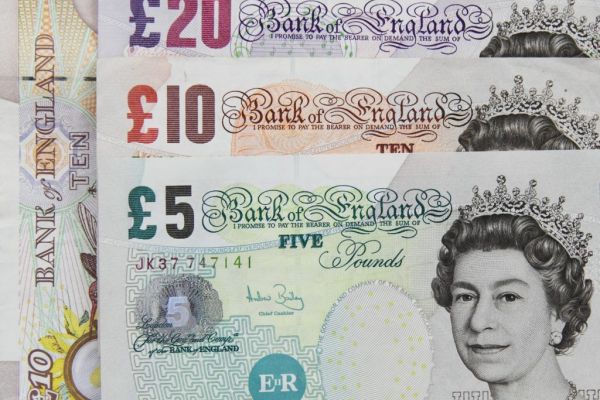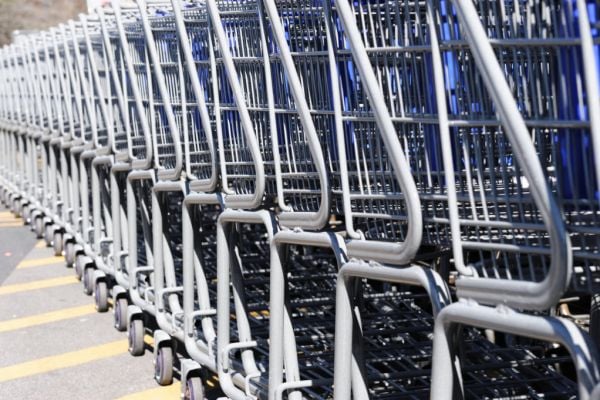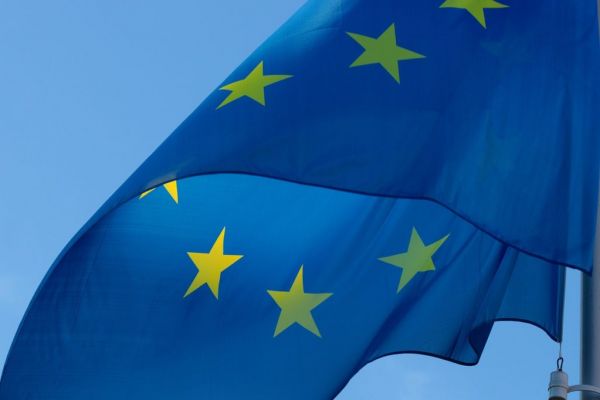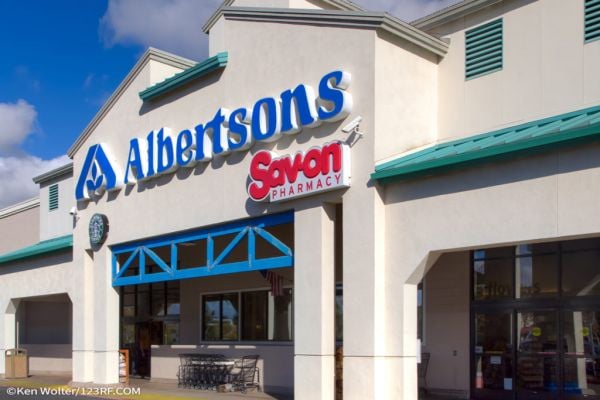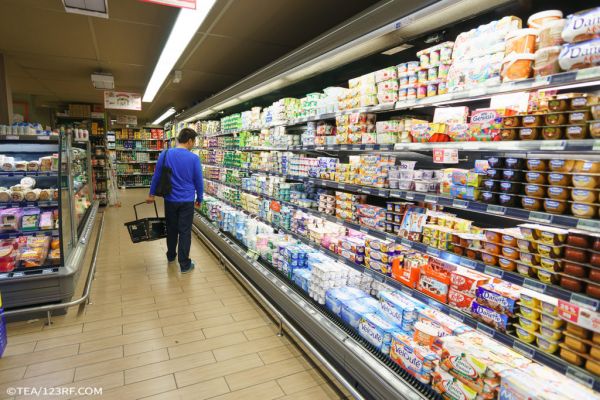South African billionaire Christo Wiese navigated the upheavals of apartheid and the creation of a free nation over more than five decades to build a $6 billion personal fortune.
He moved to diversify last year after the sale of his biggest holding. The investment company in which he’s the top shareholder, Brait SE, plowed 1.6 billion pounds ($2 billion) into Britain at exactly the wrong moment: the U.K. was on the threshold of its vote to exit the European Union, an outcome that hammered the pound. Wiese’s 35 percent stake in Brait has slumped by about $1 billion since Brexit.
“The timing on these trades was really unfortunate,” said Louis Gargour, chief investment officer of London-based LNG Capital, an alternative investment-management firm that invests in distressed debt and has been looking at bonds of British retailers.
Wiese’s predicament is hardly unique. Emerging-market investors who could once have counted on safeguarding assets in developed markets may have to think again in the post-Trump, post-Brexit era. With properties such as a $1.3 billion stake in Africa’s largest supermarket chain Shoprite Holdings Ltd., how does an entrepreneur like Wiese diversify when the U.S. and U.K. are among the biggest sources of global investment risk?
Finding Risk in All the Wrong Places as Trump Era Begins
“The whole world is topsy turvy at the moment and it’s a difficult world to read,” the 75-year-old billionaire said by phone on Wednesday. “I didn’t expect Brexit, I’m still puzzled by how people are thinking.”
Wiese, South Africa’s third-richest man, turned to the U.K. after building his fortune largely at home. Born in rural Northern Cape province in 1941, he eventually built Pepkor Ltd. into Africa’s biggest clothing chain when he sold it to Steinhoff International Holdings NV in 2014. Along the way, he picked up a game reserve in the Kalahari desert and 4,000-acre (1,618 hectare) wine estate outside Cape Town, according to the Bloomberg Billionaires Index.
Brait put some of the Pepkor proceeds to work between April and October 2015. The investment vehicle bought Virgin Active health clubs and the clothing chain New Look. It also increased its stake in Iceland supermarkets. By March, about 80 percent of Brait’s value came from the three British companies, which together have more than $3 billion of junk debt.
Meantime, Brait shares have plunged 46 percent in Johannesburg since the Brexit vote, making the San Gwann, Malta-based company the year’s worst performer in FTSE/JSE Africa Top 40 Index. Brait posted a first-half loss last month and said net asset value fell 15 percent on the pound’s post-Brexit 20 percent plunge against the rand.
That may be only the beginning.
“British retail was already a difficult sector without Brexit as consumers don’t spend as they used to and margins are low,” Gargour said. “The referendum made it even tougher, but we haven’t seen the real effects yet.”
The slide in sterling hasn’t yet translated into higher prices for retailers as they have hedges in place to protect against short-term currency fluctuations, according to Anthony Giret, a credit analyst at SpreadResearch in Lyon, France. But many -- including New Look’s -- will taper off early next year, he said.
“Like most British apparel retailers they will be under pressure when hedges come off,” he said. “The more they are focused on the U.K., the worse the impact will be.”
Investors in the retailer’s bonds are preparing for more bad news.
After the company reported a 29 percent slump in earnings for the six months ending Sept. 24, its 177 million pounds of second-lien bonds due July 2023 dropped to near record low of 79 pence on the pound. They are now quoted at 86 pence, according to data compiled by Bloomberg. Swaps insuring those bonds against losses signal a 51 percent probability of default within five years, according to data compiled by CMA.
Iceland’s sales increased last quarter, although the discount supermarket is exposed to price rises from suppliers hurt by the pound’s decline -- as evidenced by the pricing dispute between Tesco Plc and Unilever, dubbed Marmitegate by the British press.
“Iceland is a tough business and it will become tougher post Brexit, because there is going to be more discounting,” Evan Walker, a money manager at 36one Asset Management, said by phone from Cape Town. “To go into the U.K. retail market and try and find investments that don’t have a million different competitors in that space, you’ve got to try and do something completely different, and that’s hard.”
Brait is still pressing ahead with plans to relocate its head office to the U.K. from Malta to lure more international investors, a decision that was approved by shareholders meeting in San Gwann on Nov. 22. The move may yet be abandoned and Brait will monitor the effects on the U.K. of the Brexit vote, the company said.
“I have no regrets,” said Wiese, when asked about the decision to invest in the U.K. at that time. “There is only one plan and that is to build the business as best you can.”
News by Bloomberg, edited by ESM. To subscribe to ESM: The European Supermarket Magazine, click here.
